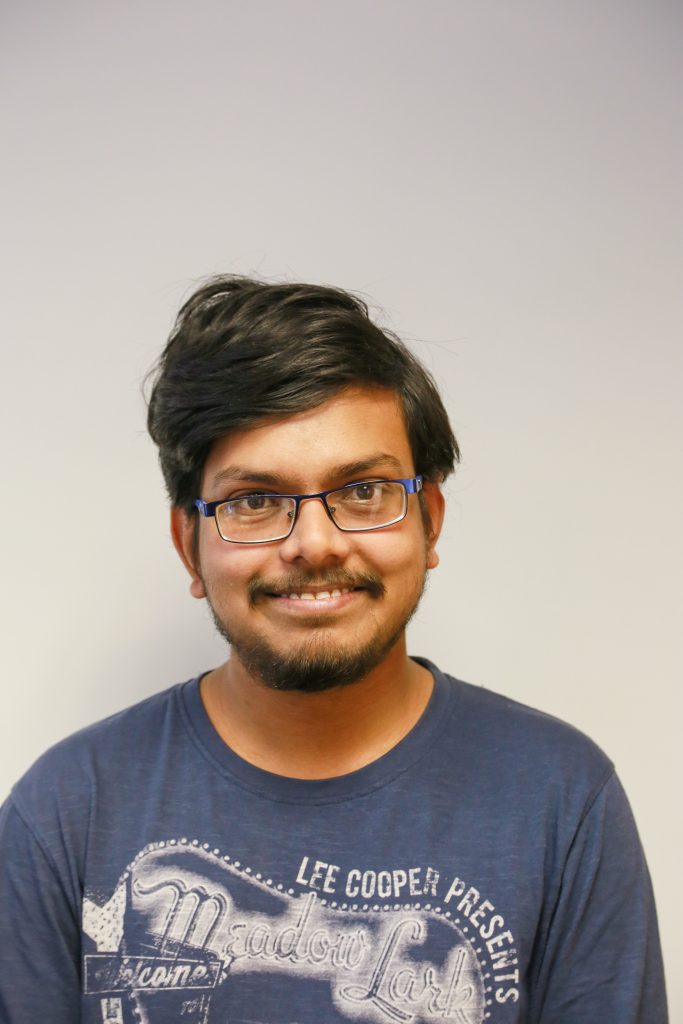
- Questo evento è passato.
The need for the revision of the IEC 60601 standards pertaining to electrocardiography
Giugno 20, 2019 @ 5:00 pm - 6:00 pm CEST
ABSTRACT
It is important to recognize that high fidelity in the reproduction of the ECG waveform
requires a measurement system that preserves the ECG features and provides
amplification selective to the physiological signal while rejecting external interference
and noise. The most obvious implication is that the presence of a frequency-dependent
skin-electrode interface introduces distortion to the signal in its propagation from its
source to the input of the recording amplifier, which may lead to misdiagnosis of serious
cardiac conditions unless the front-end stage is adapted to the source impedance.
Therefore, attention is given to investigating the close relationship between the
low-frequency response of the skin-electrode-amplifier network and the input
impedance characteristics of electrocardiographs. The transient response of ECG
amplifiers is investigated in the light of the IEC 60601 performance standard for ECG
recording equipment. Recent test result on several electrode models suggests that the
undershoot limit of 100 μV and the recovery slope limit of 300 μV/s in response to a 3
mV, 100 ms rectangular pulse are violated when the recommended 10 MΩ input
impedance at the input of the recording amplifier is used. Signal distortions appear in the
form of an exaggeration of an S wave and depression in the ST segment, which could
be misinterpreted clinically as signs of myocardial ischemia or the onset of myocardial
infarction when using a real recorded ECG signal with the recommended 10 MΩ input
impedance at the amplifier input. Analysis and test result recommend that an amplifier
input impedance exceeding 3GΩ and a cut off frequency no higher than 0.05 Hz are
necessary to meet the IEC 60601 performance standard and avoid distortion in the ECG
signal.
 Soumyajyoti Maji, Trinity College Dublin
Soumyajyoti Maji, Trinity College Dublin
Soumyajyoti Maji graduated with a B. Tech. degree in electronics and communication
engineering from West Bengal University of Technology, Kolkata, India in 2015. He
obtained the M. Eng. Sc. Degree from University College Dublin, Ireland in 2016.
Thereafter, he worked as a Research Assistant in the School of Computer Science &
Statistics, Trinity College Dublin from 2016-2017. He won the Best Graduate Student Paper
and the Travel Grant Award at the 2018 IEEE International Symposium on Medical
Measurements and Applications (MeMeA), Rome, Italy. He is currently carrying out research
towards his PhD degree in Trinity College Dublin. He is also serving as a Part-Time Assistant Lecturer in Technological University (TU) Dublin-City Campus since 2019. He also serves as a reviewer in the IEEE Transactions on Instrumentation & Measurement (TIM) Journal. He is also a member of the IEEE Medical and Biological Measurements (TC-25) society. His research interests are in biomedical electronics, instrumentation, and applications.
More details: